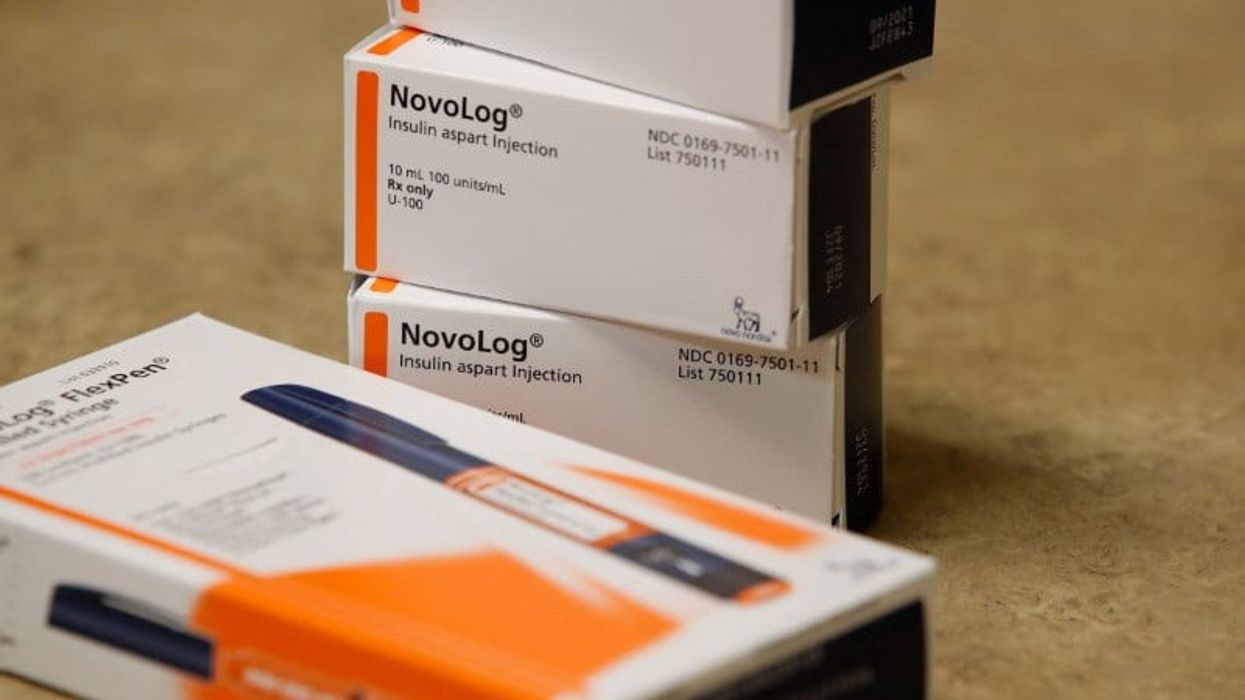
Pegging drug prices to rates paid abroad, a great idea as proposed during the first Trump administration, is getting a second life — this time as a tool for preserving Big Pharma’s earnings power.
The president on Thursday sent letters to the CEOs of every major drug company demanding they sell their products in the U.S. at what he called “most favored nation” (MFN) prices. The original rule, proposed in late 2020, set those prices at the average prices paid by more than a dozen advanced industrial economies. The letter only calls for equalization of prices without specifying what those prices should be.
Trump gave the companies 60 days to comply. The move came about 85 days after he signed an executive order demanding drug companies lower their prices or face the consequences.
International indexing, or reference pricing as it is sometimes called, would be meaningful if it left foreign prices alone. But reading between the lines of Trump’s latest dictat, the real goal is to get the reference group — mostly Europeans — to raise their prices.
This would effectively:
- Raise the collective MFN price for U.S. consumers above what it would be had foreign prices stayed low; and
- Undermine policies used by foreign countries to set prices based on drugs’ realistic medical value.
From the drug industry’s perspective, this is the best of all possible worlds: They get to maintain more of their current sales and profitability levels while being freed from the shackles of other countries using medical value to negotiate reasonable prices.
Industry executives were quick to notice the change. During an earnings call on Friday morning, Regeneron CEO Leonard Schliefer, one of the letter’s recipients, agreed with the president that foreigners need to pay more for drugs before U.S. consumers can pay less. “Europeans are not paying their fair share of innovation, and some way that needs to change,” he said.
However, he expressed concern about the letter’s demand that industry engage in a “collaborative effort towards achieving global pricing parity” as “the most effective path for companies.” In other words, Trump wants drug companies to demand or impose higher prices.
It has “to be done at a trade and policy level, because it can’t be done at an individual company level,” Schliefer countered. “The solution is simply not to lower cost prices in the U.S. without some equilibrating in Europe, because then there’ll be no innovation.”
Trump echoed the industry’s rhetoric. He claimed in his letter that foreigners are “getting a free ride on American innovation.” The reality is that foreigners are paying what are closer to appropriate prices, while the U.S. pays too much.
The drug industry remains highly profitable under the current pricing structure. They are not losing money in Europe, Canada or Japan. The higher prices paid in the U.S. mostly go to support the industry’s massive direct-to-physician marketing budgets, direct-to-consumer advertising and the high-priced lawyers who engage in patent manipulation to prevent generic competition. These behaviors are enabled by U.S. policy, and are either banned or discouraged abroad.
Drug companies could choose to reduce those marketing budgets should U.S. prices fall to the international pricing levels now in existence. Unfortunately, past experience shows individual companies in the industry cuts R&D just as much as they cut other budgets when revenue falls.
At the end of his letter, Trump threatened to implement international reference pricing if the drug companies failed to win higher prices in those countries. Given the small chance that the companies will succeed in those negotiations, much less move unilaterally to raise prices (which will result in many countries simply saying no thanks), what we’ll see after 60 days will be either a watered down proposed rule or another threatening letter.
The most likely outcome over the long-term? Here’s my guess: Another pilot project that won’t put a dent in industry revenue. Why? There is bipartisan support in Congress for not jeopardizing “innovation,” even though the Congressional Budget Office estimated the drug price negotiations enacted by the Biden administration will have almost no impact on the number of new drugs coming to market.
Merrill Goozner is a former editor of Modern Healthcare, where he wrote a weekly column. He is also a former reporter for The Chicago Tribune and professor of business journalism at New York University.
Reprinted with permission from Gooznews Substack. Please visit and consider subscribing.








